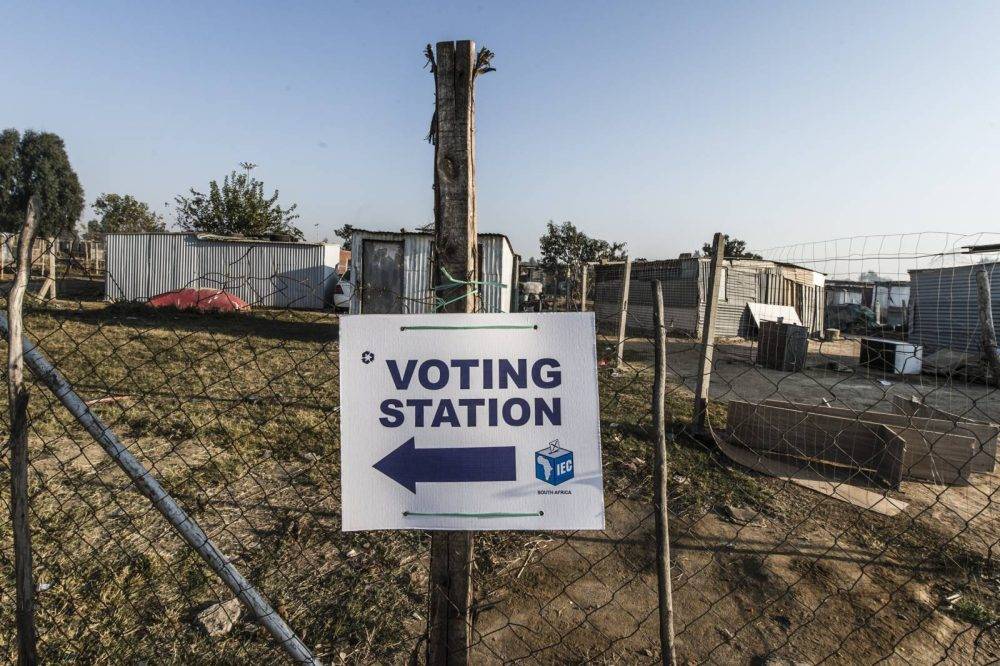
Coalitions at various levels of government are almost guaranteed. Photo by Delwyn Verasamy
This was the election of uncertainty. We knew that long before Wednesday. The ANC’s strained battle to cling to a majority has been a narrative no one has escaped.
But what’s striking as the count ticks up and the picture is slowly coloured in is just how unsettling that uncertainty is in real time.
At the time of publication, coalitions at different levels of government are almost guaranteed. The ruling party will no longer rule on its own. One of the chief orchestrators of the ANC’s decline is also the chief suspect behind the deterioration of South Africa.
Jacob Zuma has returned to South African politics.
Even if his physical being does not pass through the doors of parliament, there can be no illusions about the influence that his spectre will command. That is a fearful prospect for a country still treating the gaping wounds of state capture. Zuma was not merely a bad leader — he threatened to dismantle the infrastructure that upholds our democracy.
Fortunately he was not allowed to succeed. Our judiciary remains strong, our media is still free and our democracy robust. But as a nation we have been through far too much to ever take those privileges for granted — or to ever believe they are inoculated against the whims of malefactors.
Beyond Zuma, this election has not been a bulwark on which we can comfort ourselves. Complaints, murmurs and misinformation have been rife. These are standard appendages of the election beast and we should temper our judgement until the mist has cleared. Still, confusion begets uncertainty — and this will exacerbate the worries many have about the system that governs them.
Research suggests that South Africans are not only losing faith in their leaders and the government, but also in the concept of democracy itself. That reality might be reflected in the turnout figures.
The Electoral Commission of South Africa initially put long, late-night queues down to an enthusiastic electorate out to make their mark — matching or even surpassing 2019 turnout numbers. The final figure, at the time of going to print, is estimated by most analysts to fall short of that 66%. If this is so, it could mean another national poll in which the number of apathetic citizens swelled.
How much further can this number plummet before we begin to question the legitimacy of the result? Before the voters’ choice ceases to be the will of the people? We’re not at that point yet, but it should frighten us that it is approaching.
Our last election demand must now be to the politicians who will decide the country’s future in the coming 14 days. Any allegiance must be forged with a cohesive national plan at its forefront — and not be beholden to convenience. Failing that may scupper the last chance we have to realise the dreams we first dared to have 30 years ago.
 (1).png)
 7 months ago
32
7 months ago
32


















